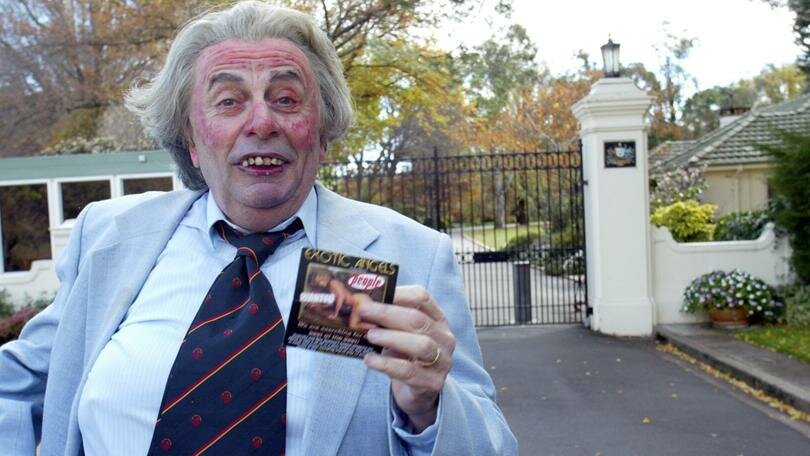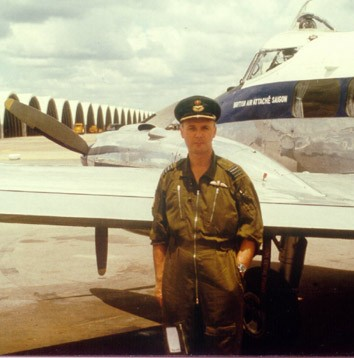But...would a Tory Govt have retained all/any of the 3 cadavers?
* HS681 was very STOL only to support dispersed P.1154A, which was V/STOL only because 1961 NATO Plan was to disperse AW Tactical Strike off AW-deleted runways. Both relevant NBMRs had expired in 1963 and by 10/64 C-130 and conventional-TOL, maybe off tundra and autobahns, was back in favour. No-one deployed land VTOL combat types(bar RAFG Harrier, subsonic entirely acceptable for its niche Task).
* TSR.2: CAS urged fixed-$ F-111A: “accepted (canx of TSR.2: costs) escalating rapidly (quantity) steadily cut (he) feared it would run the whole (RAF budget) dry...albatross round our necks (Healey) took the decision which would have had to be taken by (a Tory Govt. MoD was) writing (it) would have (to go) just that (Labour) took the opprobrium” W.Jackson/FM.E.Bramall (ex-CGS), Chiefs, Brasseys, 92, P361.
But this thread has drifted hither only (RoC #139 When did LBJ ask?) because UK PM met LBJ 7/12/64 who asked for a UK presence in Vietnam: (US is) isolationist (others' effort has) great effect on what (US can do).” SecDef:For.Rels,V.XII,W.Europe, UK 236,Memo.Conversation,Def. Probs.NARA,RG 59,Ball Pps.Lot74 D272,MLF. 4.95/09/11; For.Rel,648,Vol.13,Pres/PM9/12/6.
UK PM Wilson mooted a UK AW umbrella for India and to deter PRC from Malaysia, so maybe assigning RN SSBN No.5 to join USN on Guam, but LBJ sought Brit boots “all we needed was a Regt. The Black Watch would have done.”
Later “a platoon of bagpipers would be sufficient. It’s the Br. flag that’s needed” LBJ-HW, 21/7/66. S.Ellis,Britain, America and the Vietnam War,Greenwood,,2004,P7.
Due to UK's dire economic position a Tory Team would have faced the same LBJ request. I posit:
* maybe retaining No.5 SSBN (HW chopped 29/2/65) for EoS patrols, but:
* declining boots on the ground, stressing our contribution down the road in Singapore, over the water in Brunei;
* and very happily making a very similar credit, fixed price Defence package - C-130K, option F-111, many F-4s.


